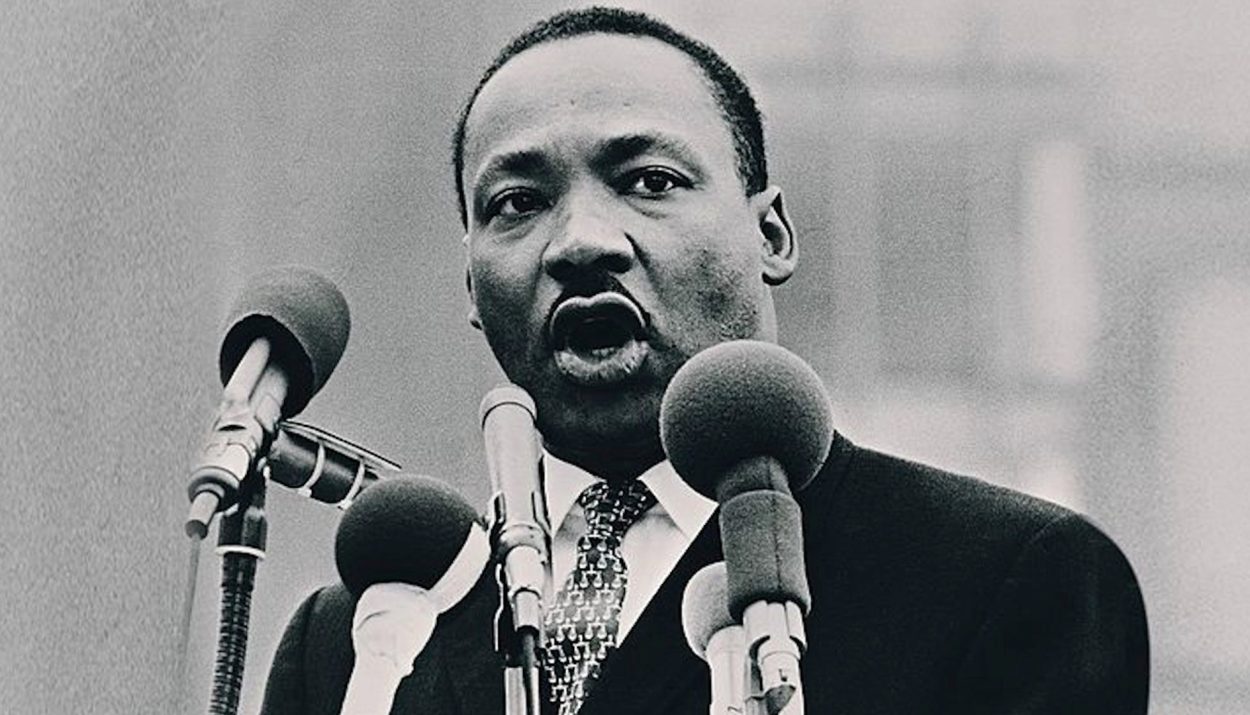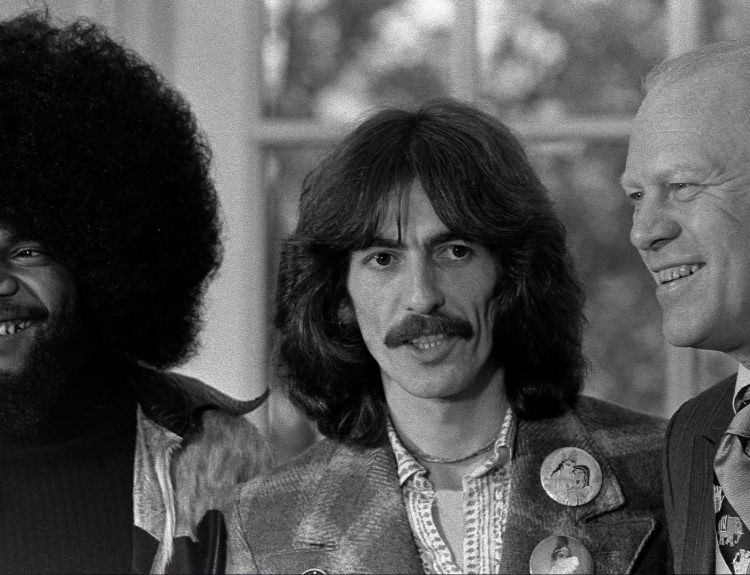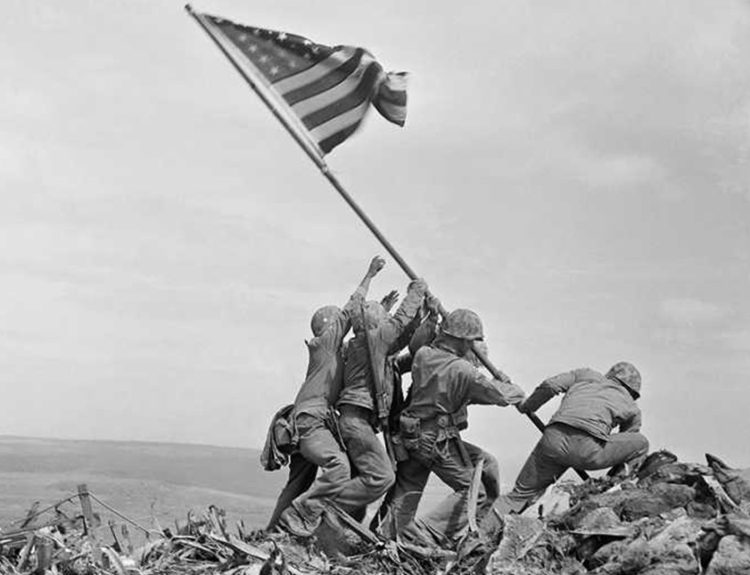Ever quote someone famous and then realize… you have NO idea who actually said it first? Don’t worry, it happens to the best of us! Today’s quiz is your chance to redeem yourself.
Take part in today’s test that is on some iconic quotes and see if you can recognize the mastermind behind the words! Let’s begin…
1. “Ask not what your country can do for you; ask what you can do for your country.”

A. Winston Churchill
B. John F. Kennedy
C. Marie-Antoinette
D. Joseph Stalin
Answer: B. John F. Kennedy

Insight: JFK’s iconic line from his inaugural address as the 35th U.S. president resonated deeply, garnering widespread approval. Despite winning the 1960 election by a narrow margin, his speech struck a chord with 72 percent of Americans, solidifying his popularity and capturing the nation’s optimism.
2. “We didn’t land on Plymouth Rock; the rock was landed on us.”

A. Brigham Young
B. Henry Ford
C. Malcolm X
D. Charles Cornwallis
Answer: C. Malcolm X
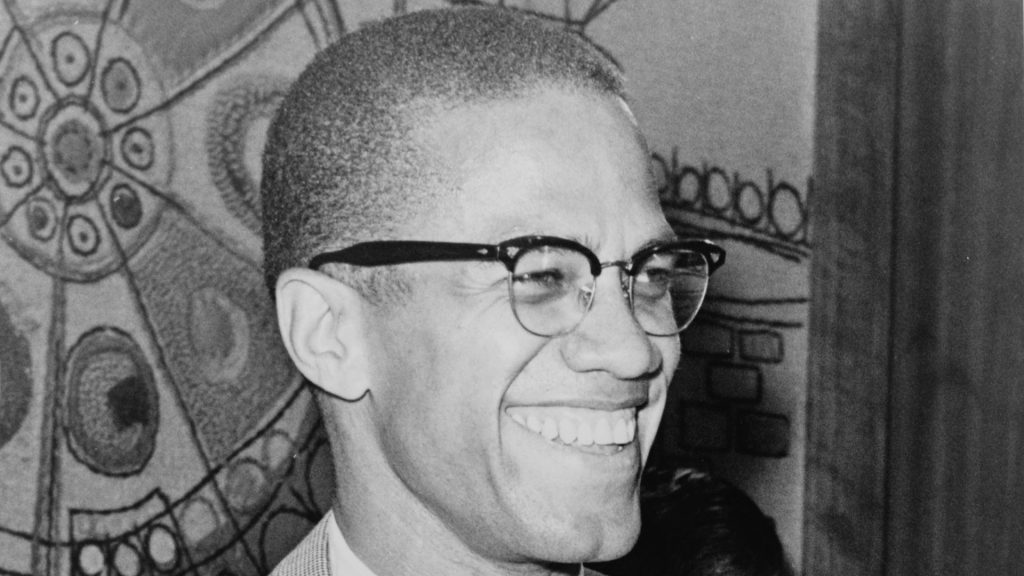
Insight: In 1964, Malcolm X likened Plymouth Rock, where European settlers first landed in North America, to the struggles faced by Black Americans. He used this metaphor to highlight the injustices and challenges endured by the Black community in the United States during that time.
3. “Float like a butterfly, sting like a bee.”

A. Jack the Ripper
B. Sun Tzu
C. Muhammad Ali
D. Douglas MacArthur
Answer: C. Muhammad Ali

Insight: Muhammad Ali’s memorable phrase, “Float like a butterfly, sting like a bee,” was coined by his vocal cornerman, Drew “Bundini” Brown. Ali, then known as Cassius Clay, famously used this line before defeating Sonny Liston, the reigning heavyweight champion, cementing its place in boxing history.
4. God “does not play dice.”

A. Pope John Paul II
B. Frank Sinatra
C. George Washington
D. Albert Einstein
Answer: D. Albert Einstein

Insight: Albert Einstein held reservations about certain aspects of quantum mechanics, a theory positing that the behavior of atoms and subatomic particles is governed by probabilities rather than certainties. Despite its widespread acceptance, Einstein’s skepticism towards some of its principles remained notable in scientific discourse.
5. “The world will little note, nor long remember, what we say here, but it can never forget what they did here.”

A. Vince Lombardi
B. Thomas Edison
C. Abraham Lincoln
D. Benjamin Franklin
Answer: C. Abraham Lincoln
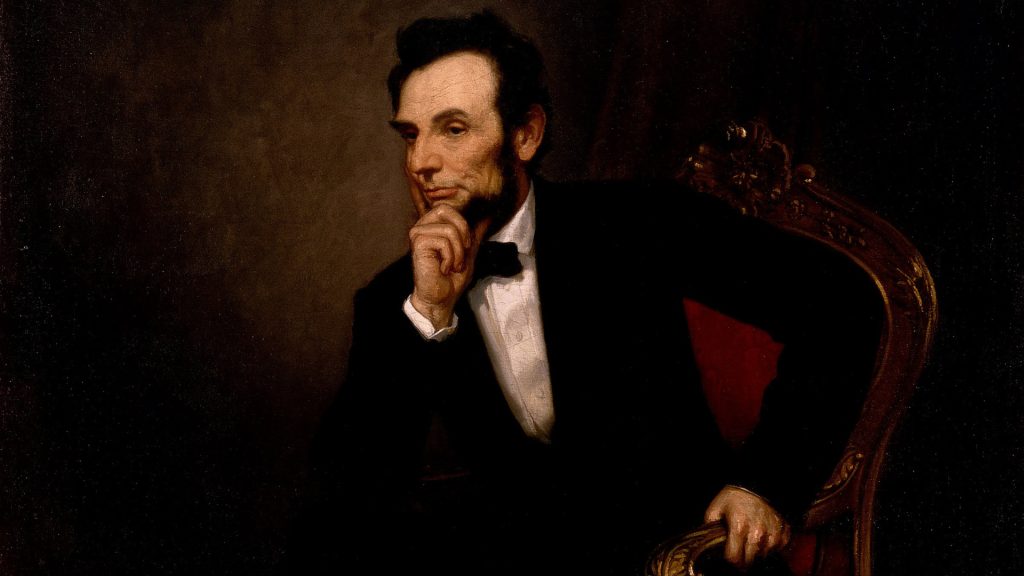
Insight: Abraham Lincoln spoke at the dedication of a national cemetery in Gettysburg, Pennsylvania, following a crucial battle in the Civil War. He eloquently emphasized the enduring importance of preserving the Union and honoring those who sacrificed their lives on the battlefield.
6. “The report of my death was an exaggeration.”
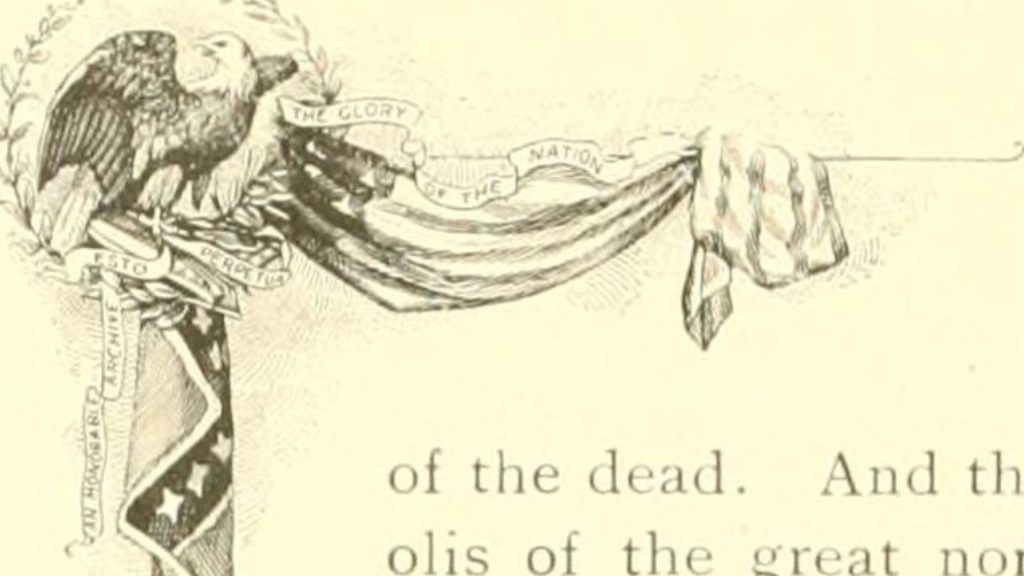
A. Napoleon I
B. Elvis Presley
C. Ronald Reagan
D. Mark Twain
Answer: D. Mark Twain
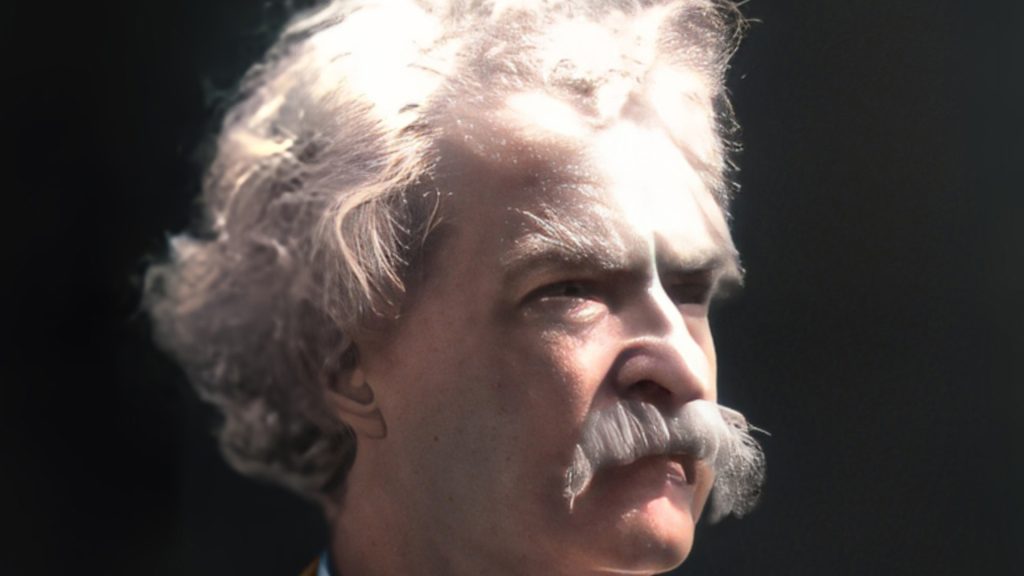
Insight: Mark Twain famously responded to a mistaken newspaper report in 1897, which prematurely announced his death. His witty retort, often misquoted as “Reports of my death have been greatly exaggerated,” humorously addressed the confusion, highlighting the error and showcasing Twain’s enduring humor and sharp wit.
7. “The arc of the moral universe is long, but it bends toward justice.”

A. Martin Luther King, Jr.
B. Oliver Wendell Holmes
C. Confucius
D. Socrates
Answer: A. Martin Luther King, Jr.
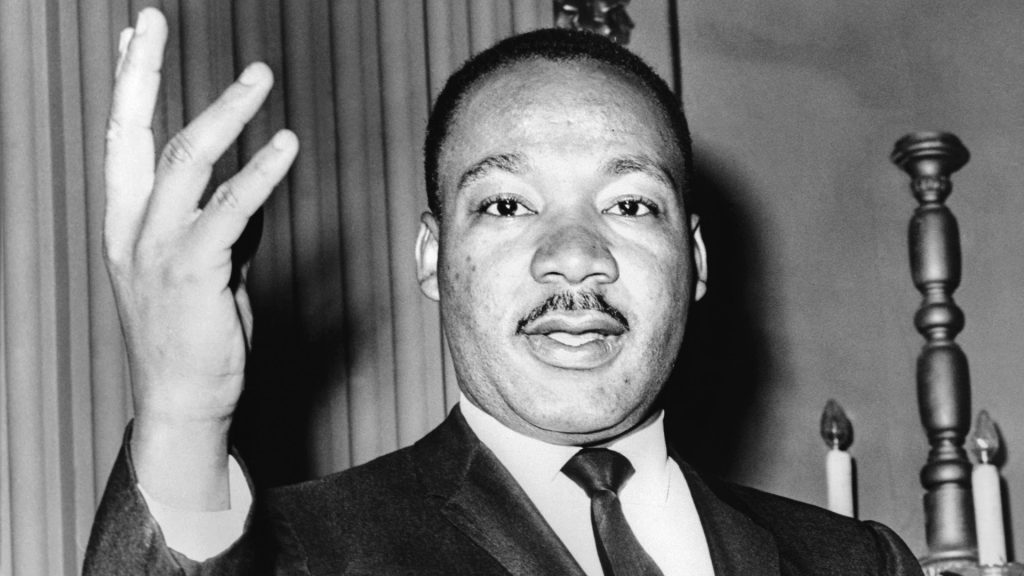
Insight: Martin Luther King, Jr., frequently quoted a saying that originated from Theodore Parker, a Unitarian minister and abolitionist. Parker delivered this phrase in a sermon back in 1853. King’s adoption of this powerful statement underscores its enduring relevance and impact on civil rights movements.
8. “I am become Death, the destroyer of worlds.”

A. Julius Caesar
B. George Foreman
C. J. Robert Oppenheimer
D. Napoleon I
Answer: C. J. Robert Oppenheimer
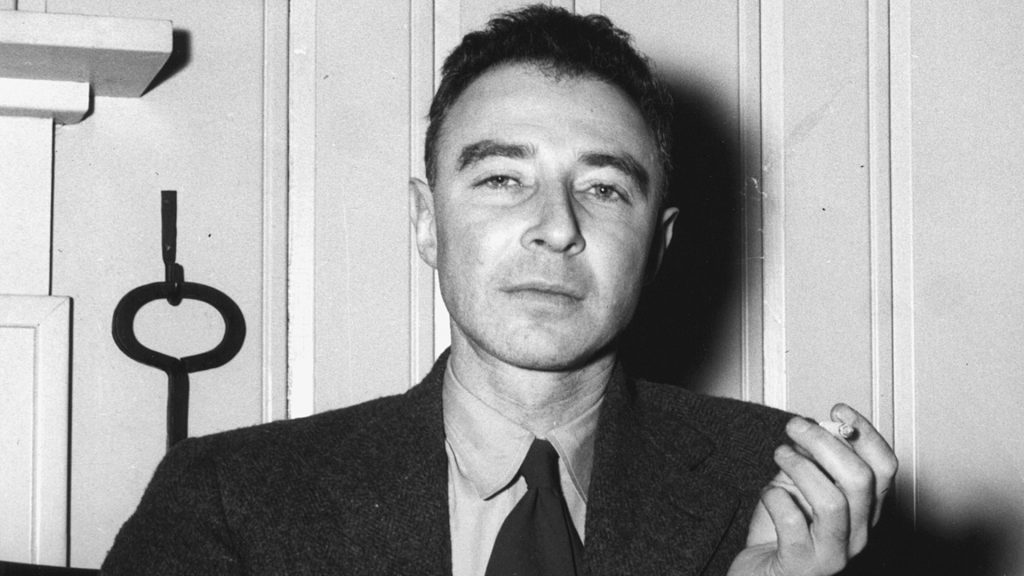
Insight: Watching the first atomic bomb detonate, J. Robert Oppenheimer remembered a line from the Bhagavadgita: “I am become Death, the destroyer of worlds.” This powerful moment encapsulated the immense responsibility and consequences of the destructive power humanity had unleashed.
9. “I came, I saw, I conquered.”
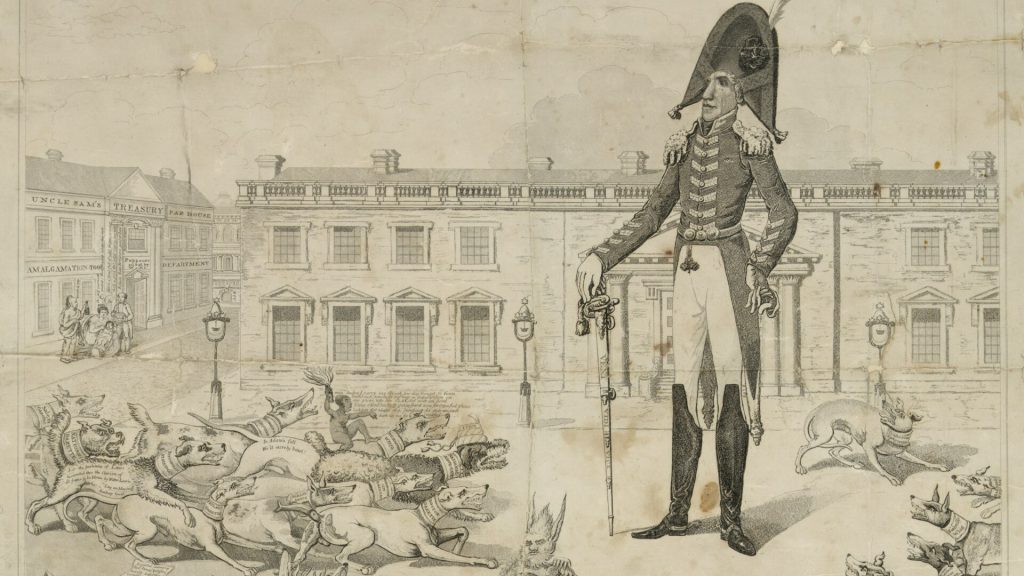
A. Julius Caesar
B. Alexander the Great
C. Dwight Eisenhower
D. Steve Jobs
Answer: A. Julius Caesar
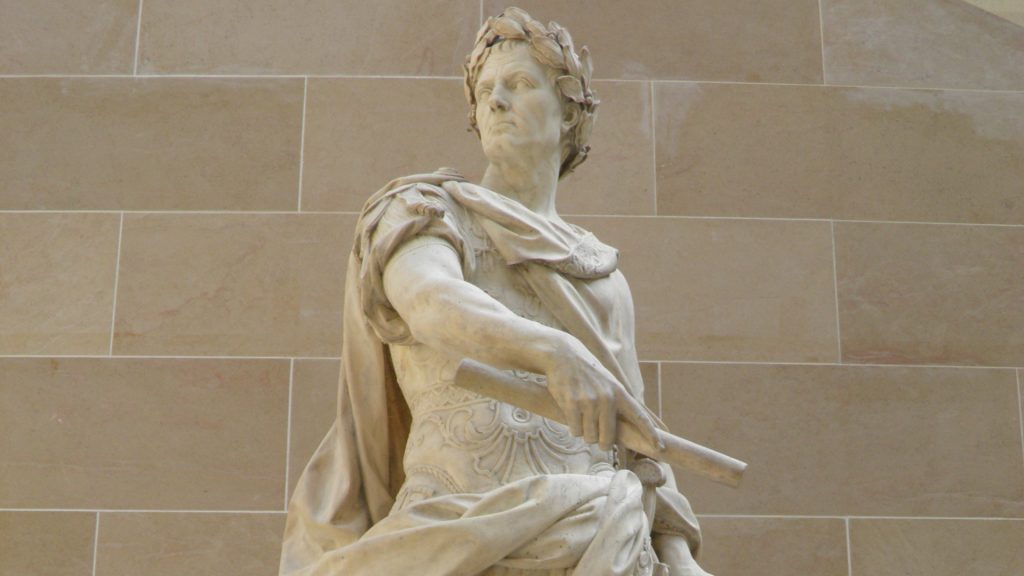
Insight: Caesar’s famous Latin phrase, “Veni, vidi, vici,” translates to “I came, I saw, I conquered.” This succinctly captures his swift triumph over the kingdom of Pontus. It epitomizes Caesar’s prowess as a military leader, boasting of his ability to swiftly overcome his adversaries.
10. “Hate the sin and not the sinner.”
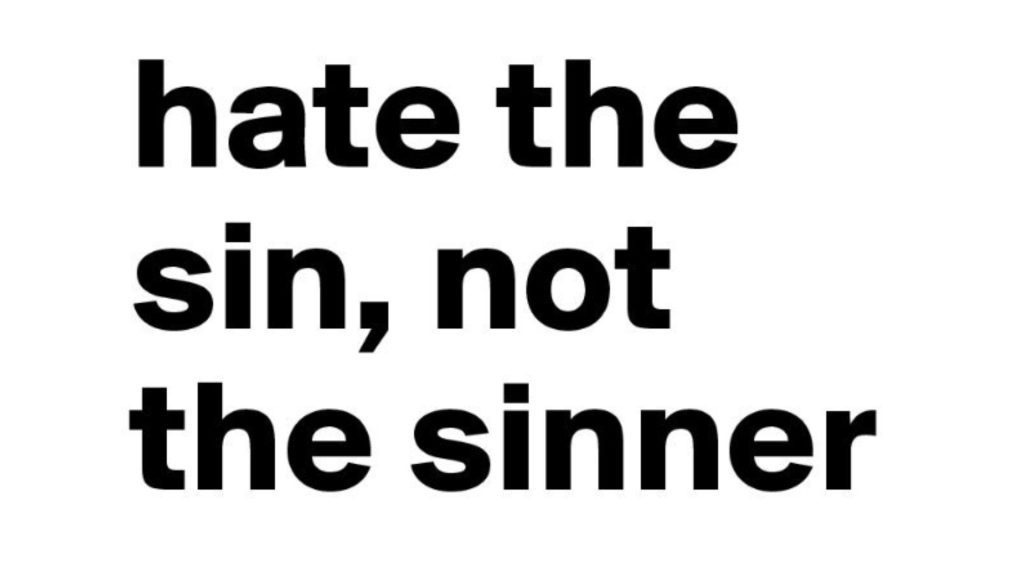
A. Dolly Parton
B. Bill Clinton
C. Bernie Madoff
D. Mahatma Gandhi
Answer: D. Mahatma Gandhi
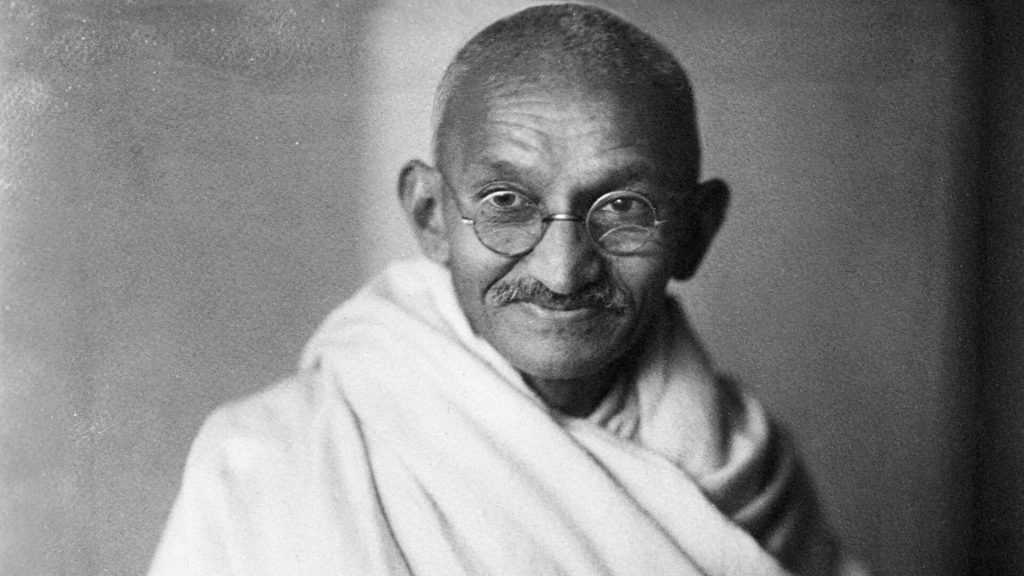
Insight: In his autobiography, Mahatma Gandhi acknowledged the difficulty of following his own precept, a paraphrase of St. Augustine’s Latin expression “cum dilectione hominum et odio vitiorum” (“with love for humanity and hatred for vice”). It encapsulates the challenge of embracing love for individuals while condemning their vices.
11. “People who boast about their IQ are losers.”

A. Vince Lombardi
B. Stephen Hawking
C. Pablo Picasso
D. Donald Trump
Answer: B. Stephen Hawking

Insight: When questioned about his IQ, Stephen Hawking admitted he had no knowledge of it. He then expressed his views on individuals who boast about their IQ, implying that such a fixation on intelligence metrics may not necessarily reflect true intellectual depth or accomplishment.
12. “Give me liberty, or give me death!”
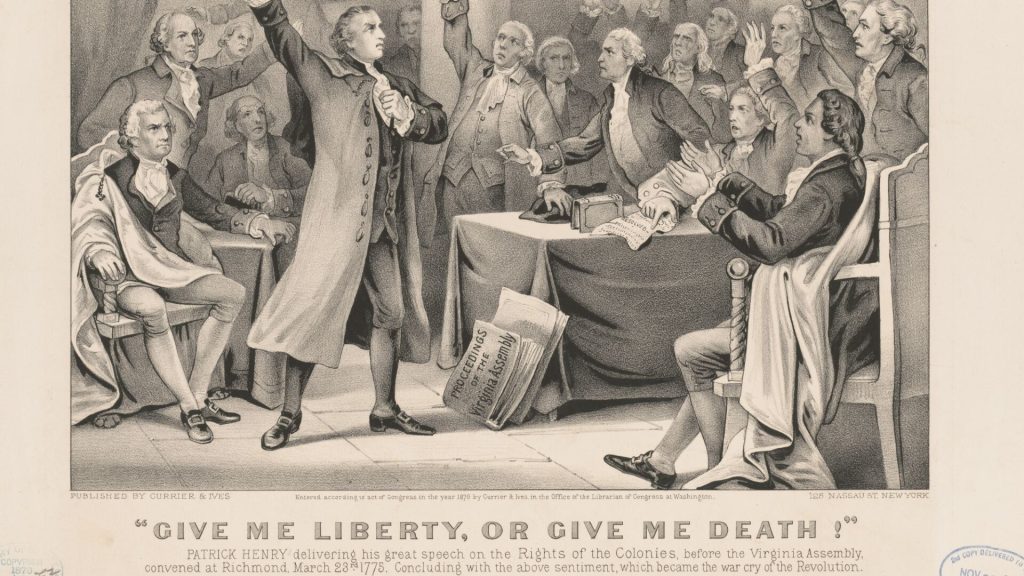
A. Galileo
B. Patrick Henry
C. Al Capone
D. Nelson Mandela
Answer: B. Patrick Henry
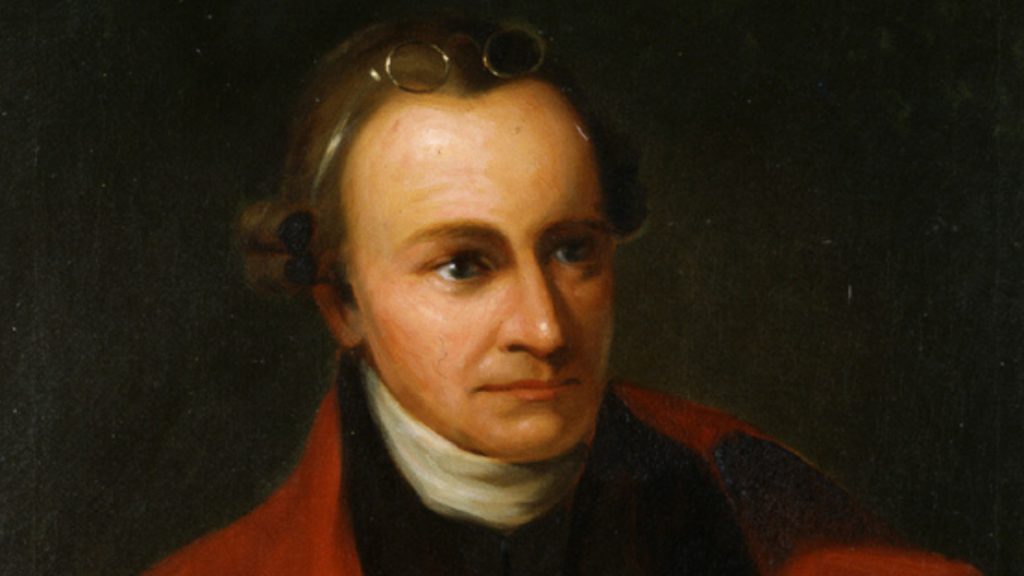
Insight: During a speech in March 1775, Patrick Henry delivered a line that stirred his fellow Virginians to action against British rule, as recounted by a posthumous biographer. His words ignited a spirit of resistance and inspired many to stand up for their rights and liberties.
13. “What does not kill me makes me stronger.”

A. Theodore Roosevelt
B. Joey Chestnut
C. Jonas Salk
D. Friedrich Nietzsche
Answer: D. Friedrich Nietzsche
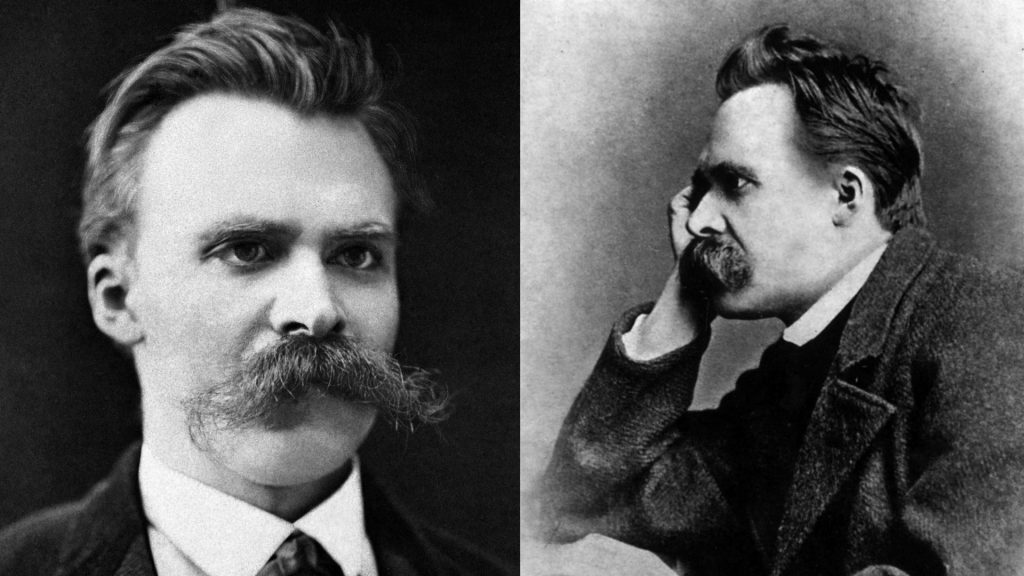
Insight: In his 1888 book “Twilight of the Idols,” Friedrich Nietzsche coined the aphorism: “That which does not kill us makes us stronger.” This timeless maxim encapsulates Nietzsche’s philosophy of embracing adversity as a means of personal growth and resilience in the face of challenges.
14. “Sic semper tyrannis!”
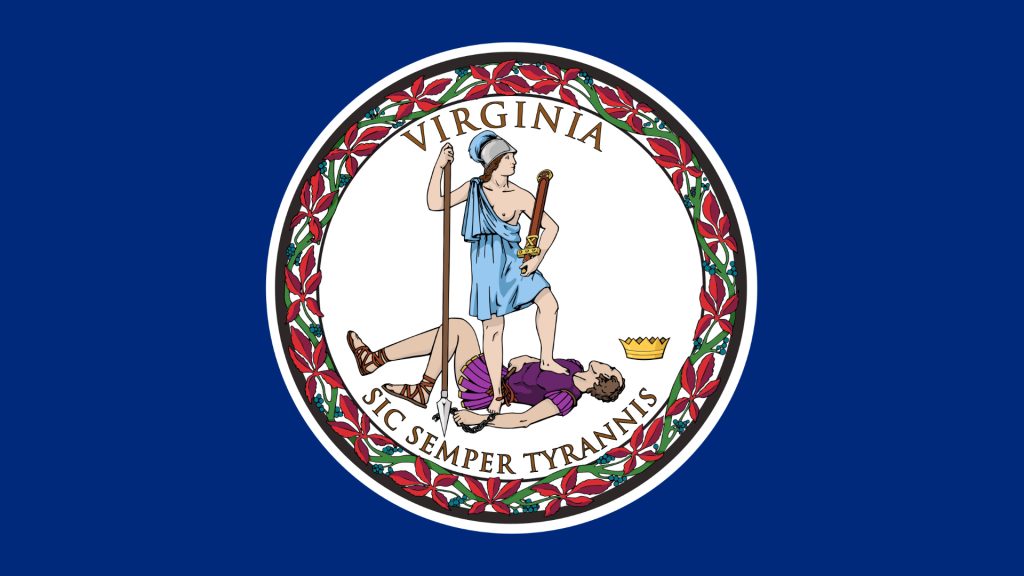
A. Maximilien Robespierre
B. Neil Armstrong
C. George Washington
D. John Wilkes Booth
Answer: D. John Wilkes Booth
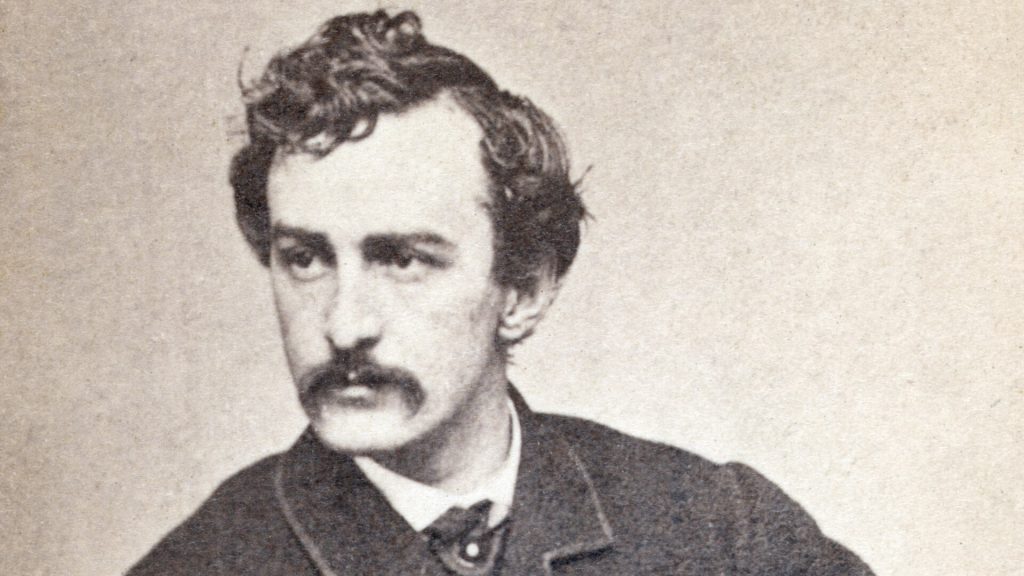
Insight: John Wilkes Booth, a Confederate supporter, uttered the Latin phrase “Sic semper tyrannis!” as he assassinated President Abraham Lincoln during the American Civil War. Translated as “Thus always to tyrants,” this declaration reflects Booth’s vehement opposition to Lincoln’s leadership.
15. “I don’t do drugs. I am drugs.”

A. David Lynch
B. Karl Marx
C. Salvador Dalí
D. John Lennon
Answer: C. Salvador Dalí

Insight: Salvador Dalí once famously stated, “I have never taken any drug, but Dalí is the drug.” This Surrealist artist asserted that his own persona and artistry were intoxicating enough, emphasizing that the strongest substance he indulged in was mineral water.
16. “When people show you who they are, believe them.”

A. Sigmund Freud
B. Benedict Arnold
C. Andy Warhol
D. Oprah Winfrey
Answer: D. Oprah Winfrey

Insight: Oprah Winfrey, drawing from Maya Angelou’s wisdom, advises against remaining in relationships with individuals who exhibit toxic behaviors. Angelou’s cautionary words highlight the importance of recognizing and addressing such traits to preserve one’s well-being and happiness.

